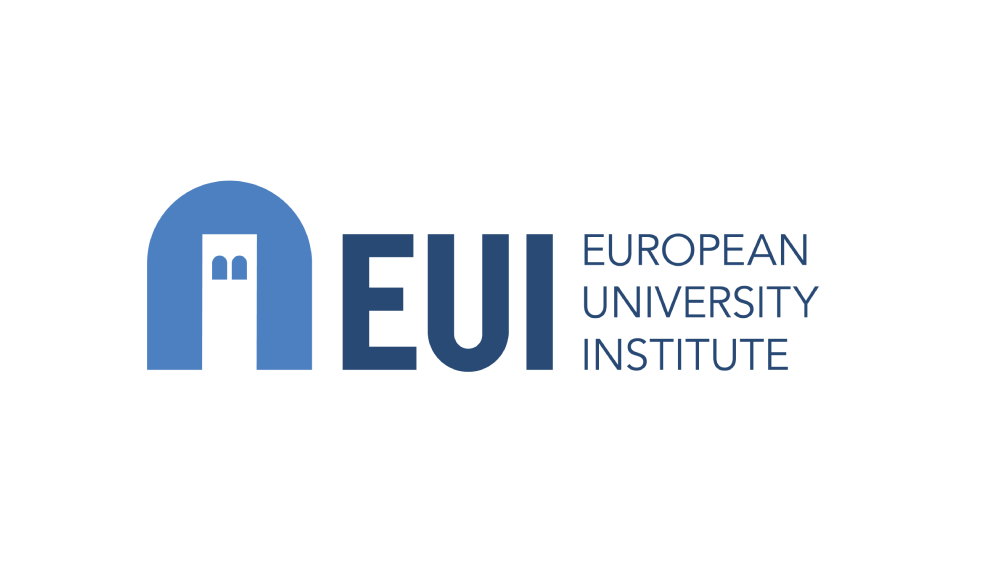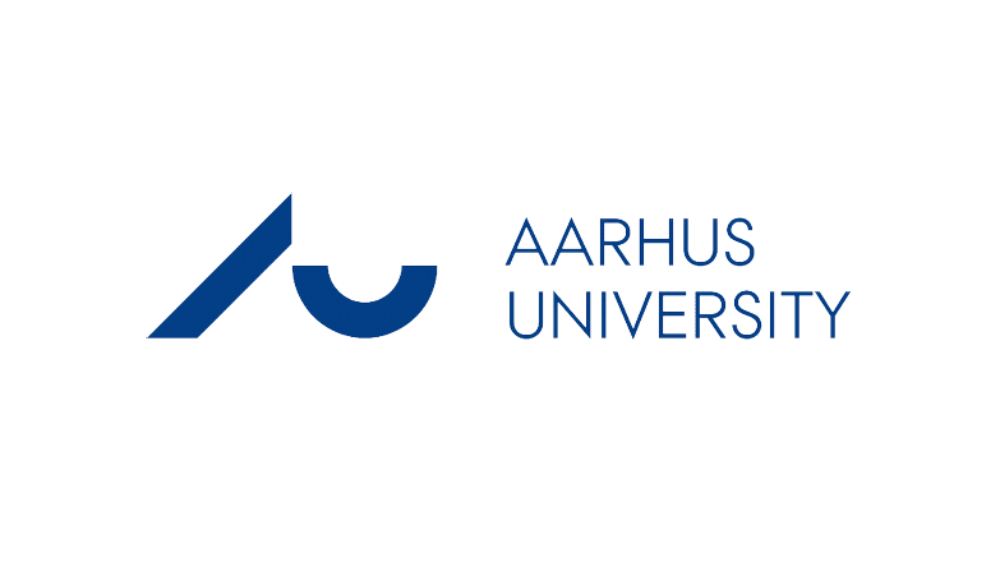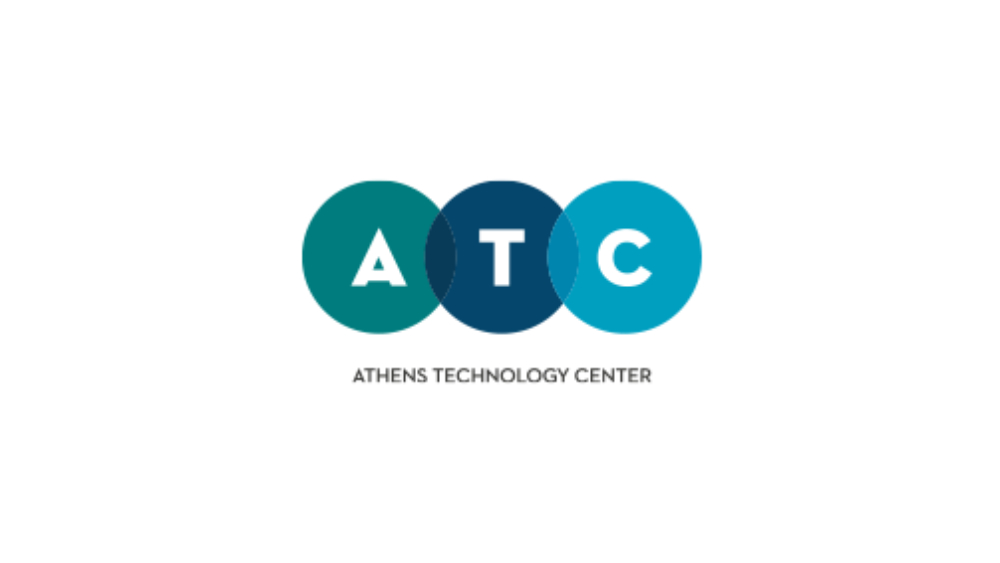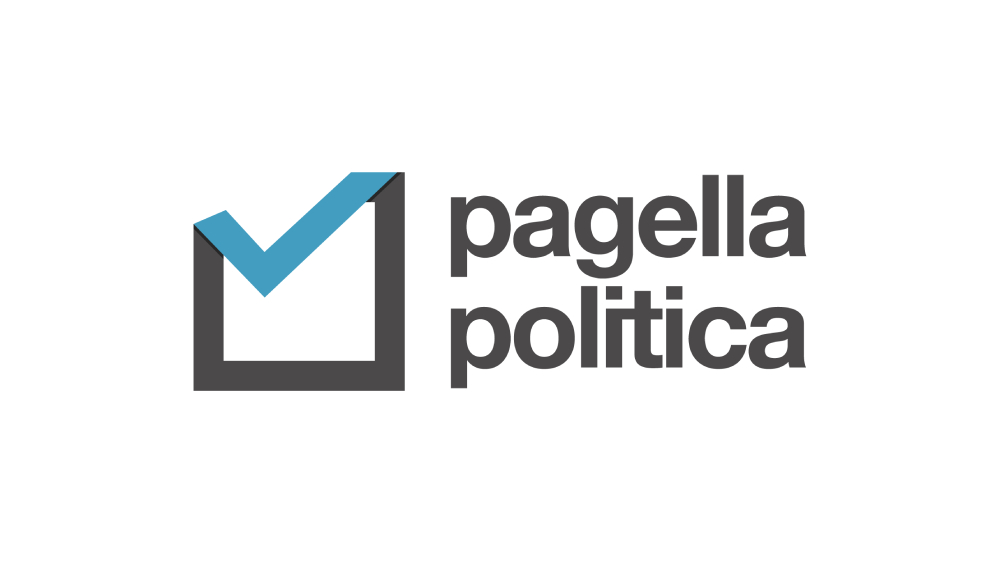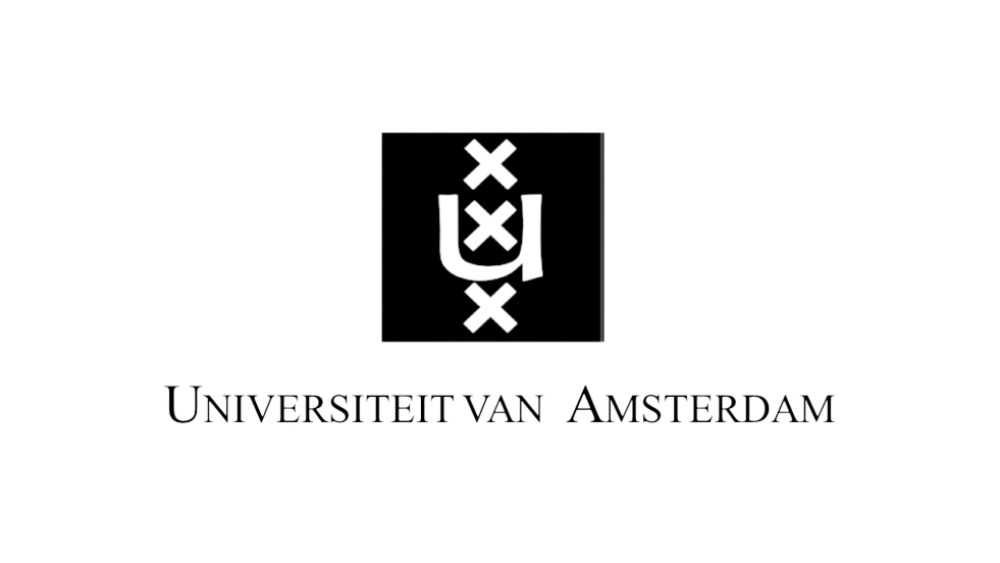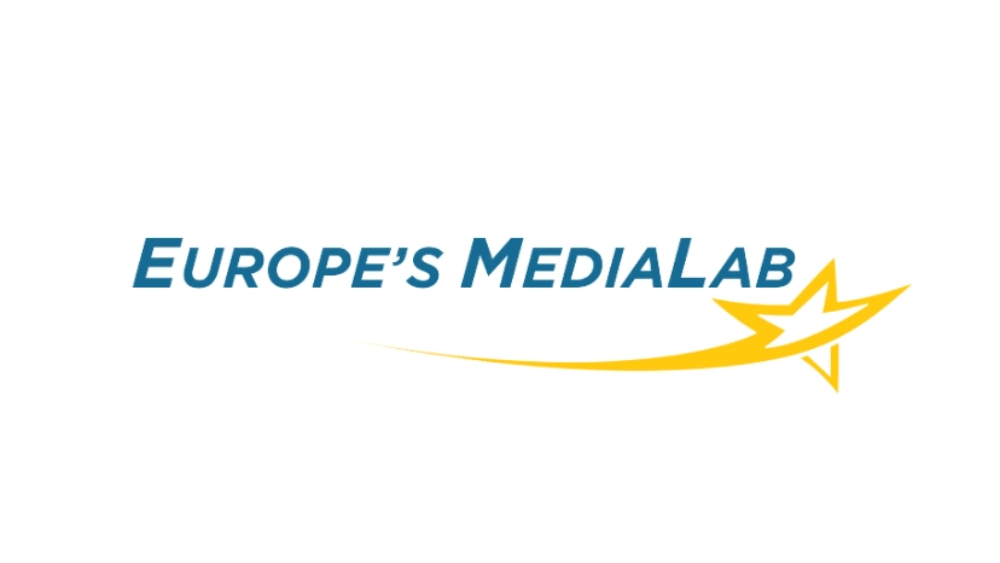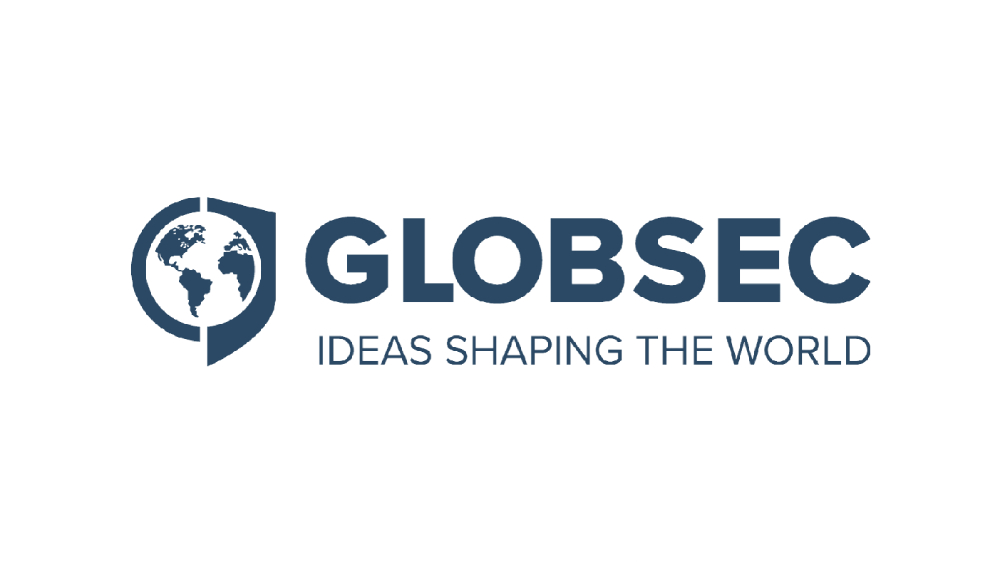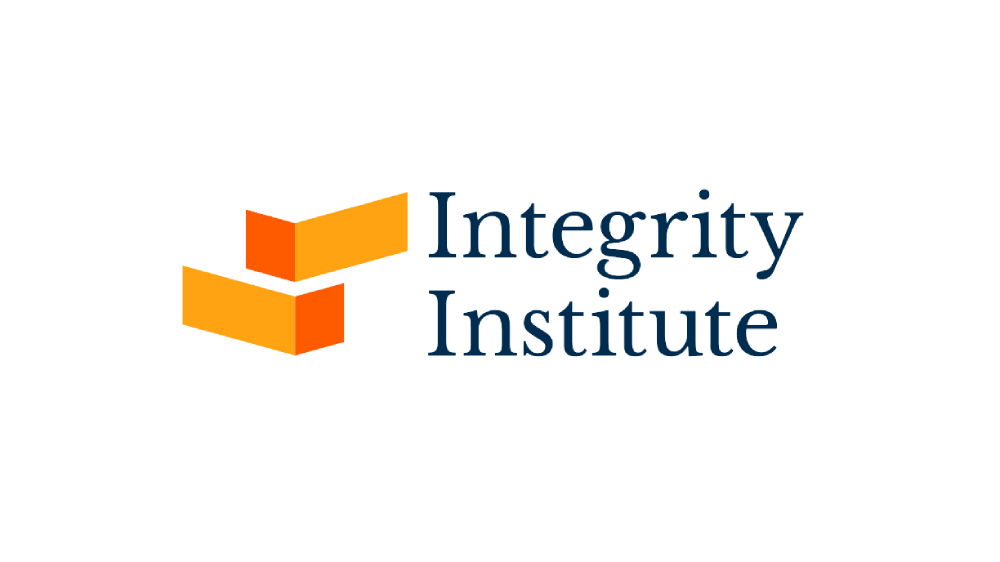Welcome to EDMO, the EU’s largest interdisciplinary network to counter disinformation.
Latest Publications
EDMO Newsletter
Latest updates, events and opportunities around
online disinformation.
Latest News & Events
Repositories
Repository of Fact-checking articles
Find all the fact-checking articles published by EDMO in one place
Scientific Publications Repository
Get an overview of academic research within the field of disinformation
Twitter Feed
WHAT WE DO
Our Activities
Fact-checking
EDMO has created a network of fact-checking organisations based in the EU to foster collaboration in contrasting disinformation.
Media Literacy
EDMO provides expertise, ideas and opportunities for connection to empower media literacy practitioners in the fight against disinformation
Research
EDMO unites members to foster discussions, form strategic responses, and exchange best practices, ultimately empowering research focused on combatting disinformation
Policy Analysis
EDMO brings together policy experts and researchers to map policies across member states and to contribute to the assessment of EU measures against disinformation.
Thematic Areas
THE EDMO NETWORK
A Community Engaged In Detecting And Exposing Disinformation
Based at the European University Institute’s School of Transnational Governance in Florence, EDMOeu maintains a platform to support the work of the EU’s largest interdisciplinary community against disinformation. It connects and coordinates the activities of 14 regional and national EDMO hubs.
Independent from any national or EU public authority, the EDMO hubs engage in detecting and exposing online disinformation, organising media literacy activities, and analysing digital media ecosystems and their vulnerabilities across 28 countries in the EU and the EEA.
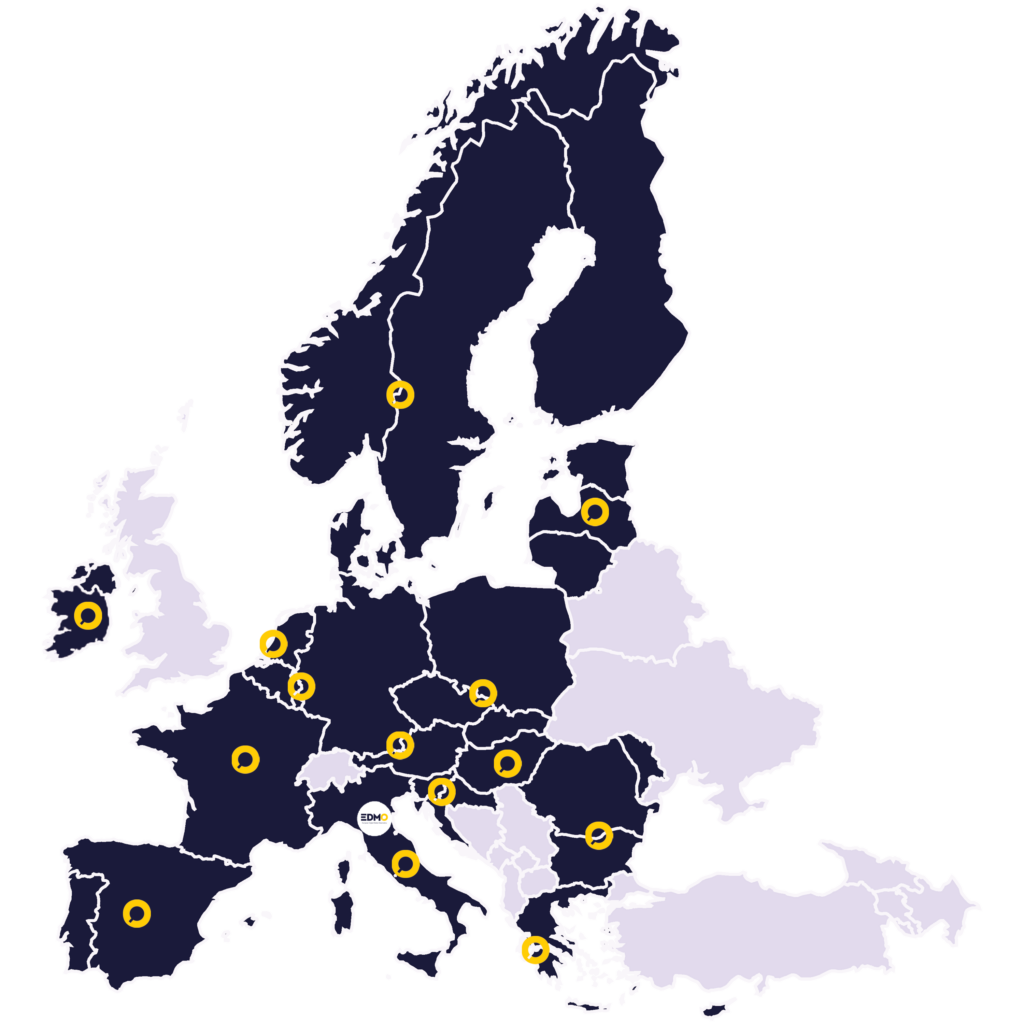
WHO WE ARE
Meet The Team
WHO WE ARE

